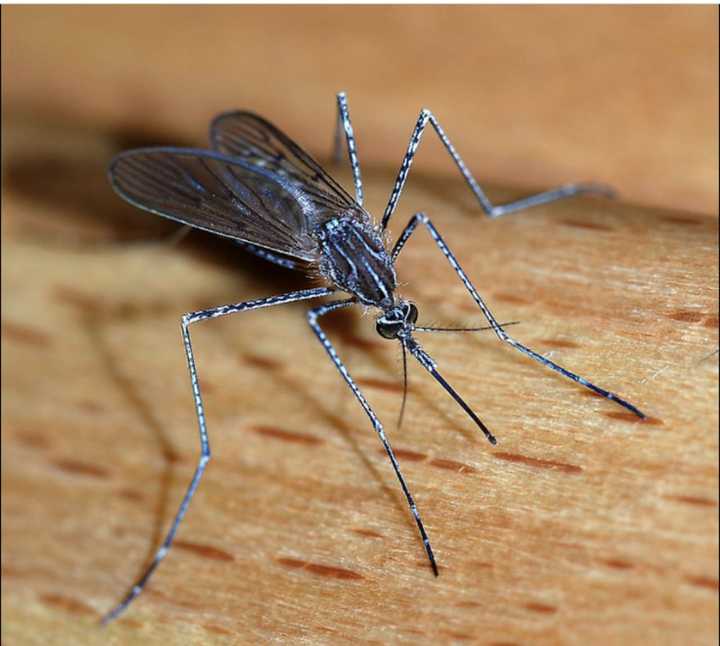The samples, both Culex pipiens-restuans, were collected on Tuesday, July 6 from Nesconset and Thursday, July 8 from Northport, Suffolk County Health Commissioner Dr. Gregson Pigott announced on Thursday afternoon, July 15.
These are the first mosquito samples to test positive for West Nile virus this year on Long Island.
West Nile virus, first detected in birds and mosquito samples in Suffolk County in 1999 and again each year thereafter, is transmitted to humans by the bite of an infected mosquito.
Most people infected with West Nile virus will experience mild or no symptoms, but some can develop severe symptoms including high fever, headache, neck stiffness, stupor, disorientation, coma, tremors, convulsions, muscle weakness, vision loss, numbness and paralysis.
The symptoms may last several weeks, and neurological effects may be permanent. Individuals, especially those 50 years of age or older, or those with compromised immune systems, who are most at risk, are urged to take precautions to avoid being bitten by mosquitoes.
“The confirmation of West Nile virus in mosquito samples indicates the presence of West Nile virus in the area,” said Pigott. “While there is no cause for alarm, we advise residents to cooperate with us in our efforts to reduce exposure to West Nile virus and other mosquito-borne diseases.”
Pigott listed the following tips to avoid mosquito bites:
- Minimize outdoor activities between dusk and dawn.
- Wear shoes and socks, long pants, and long-sleeved shirts when mosquitoes are active.
- Use mosquito repellent, following label directions carefully.
- Make sure all windows and doors have screens, and that all screens are in good repair.
- Keep mosquitoes from laying eggs inside and outside of your home. Once a week, empty and scrub, turn over, cover, or throw out containers that hold water, such as vases, pet water bowls, flowerpot saucers, discarded tires, buckets, pool covers, birdbaths, trash cans, and rain barrels.
Click here to follow Daily Voice Brentwood and receive free news updates.
